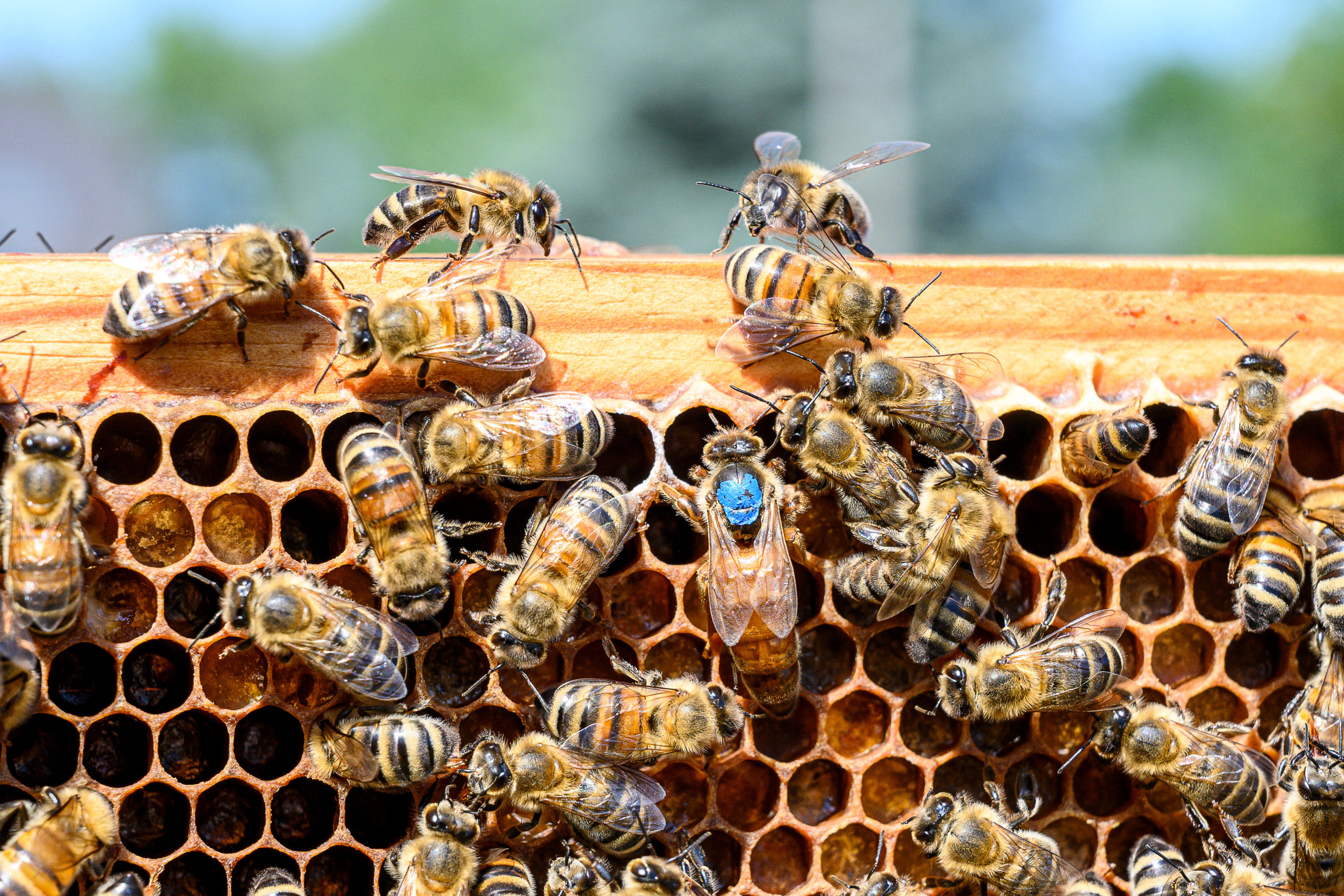Policy Priorities for beekeepers
1. Mitigating the Consequences of the Inevitable Varroa Mite Outbreak
How can you prepare as a beekeepers for the inevitable spread of the varroa mite? You need to consider strategies for early detection, containment efforts, and long-term mitigation plans to protect hives and bee populations from the devastating effects of the mite.
2. Controlling Endemic Diseases
Beekeepers face a constant challenge from endemic diseases affecting bees. Beekeepers need to be on top of disease management techniques, treatment protocols, and initiatives to control and reduce the spread of these diseases in bee colonies, ensuring the health and sustainability of the bee population.
3. Maintaining Access to Public Land at Forestry
Public and forestry lands are essential resources for beekeeping operations. We need to advocate for policies that preserve beekeepers’ access to public lands, outlining the importance of these spaces for sustaining bee colonies and supporting honey production.
4. Truth in Labelling for Honey
Transparent and accurate labelling of honey is fundamental. We need to advocate for stricter regulations and enforcement to ensure consumers know the origin and quality of the products they purchase, which will help maintain the reputation of Australian honey.
5. Maintaining Biosecurity Through Import Risk Assessments of Imported Bee Products
Biosecurity is crucial to protecting the local bee population. There is a need for thorough import risk assessments for any imported bee products to ensure they do not introduce pests or diseases that could threaten Australia’s bee industry and ecosystem.
Contact our Policy Team
As a focal contact point, please email policyteam@vff.org.au
For more information
For more information on Varroa mite of honey bees, please visit the Agriculture Victoria website below.

